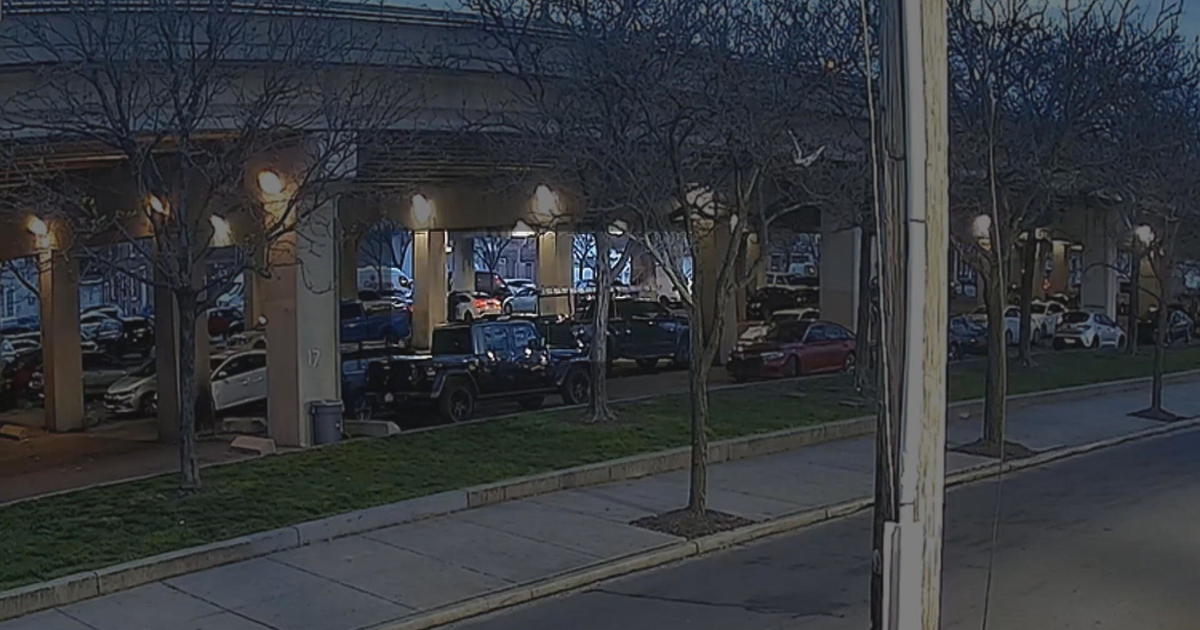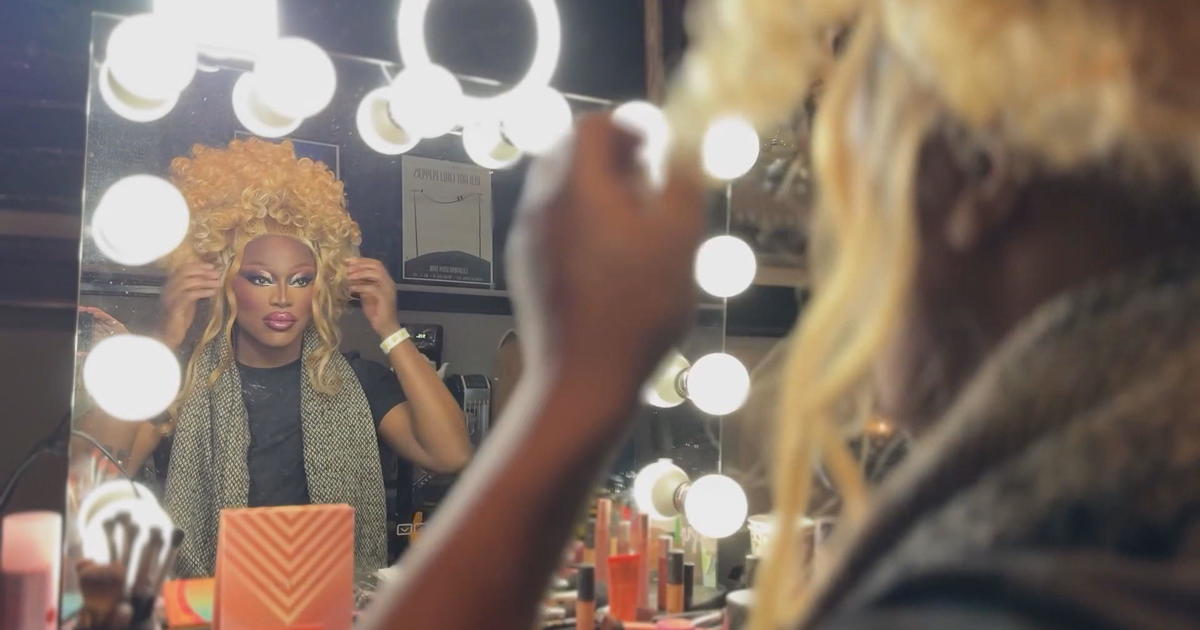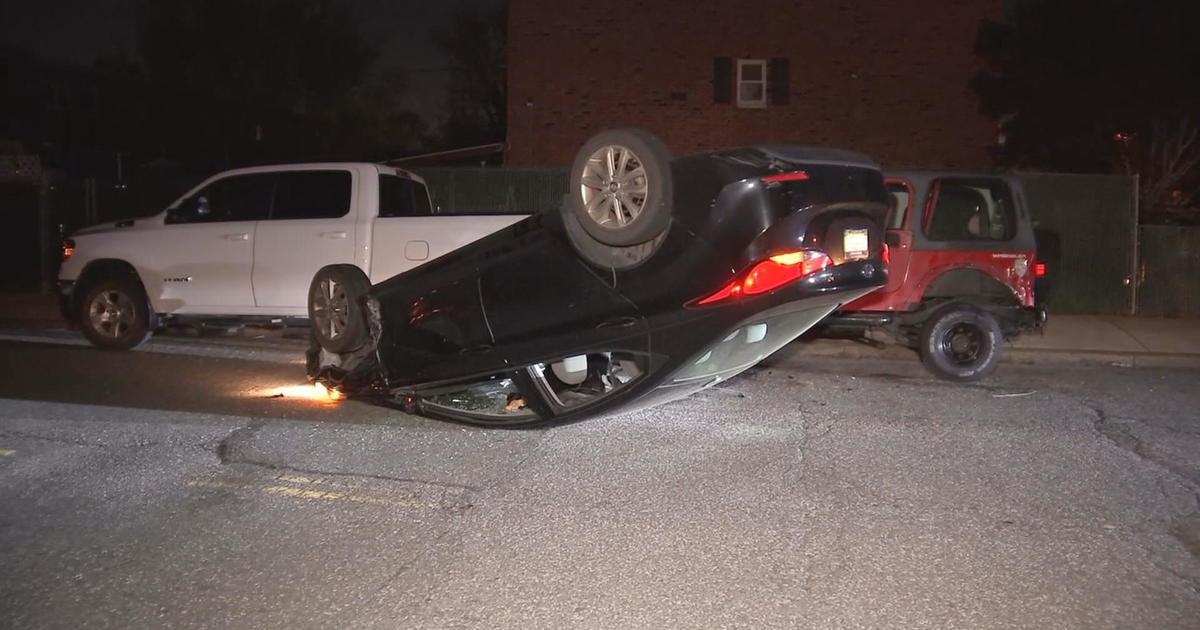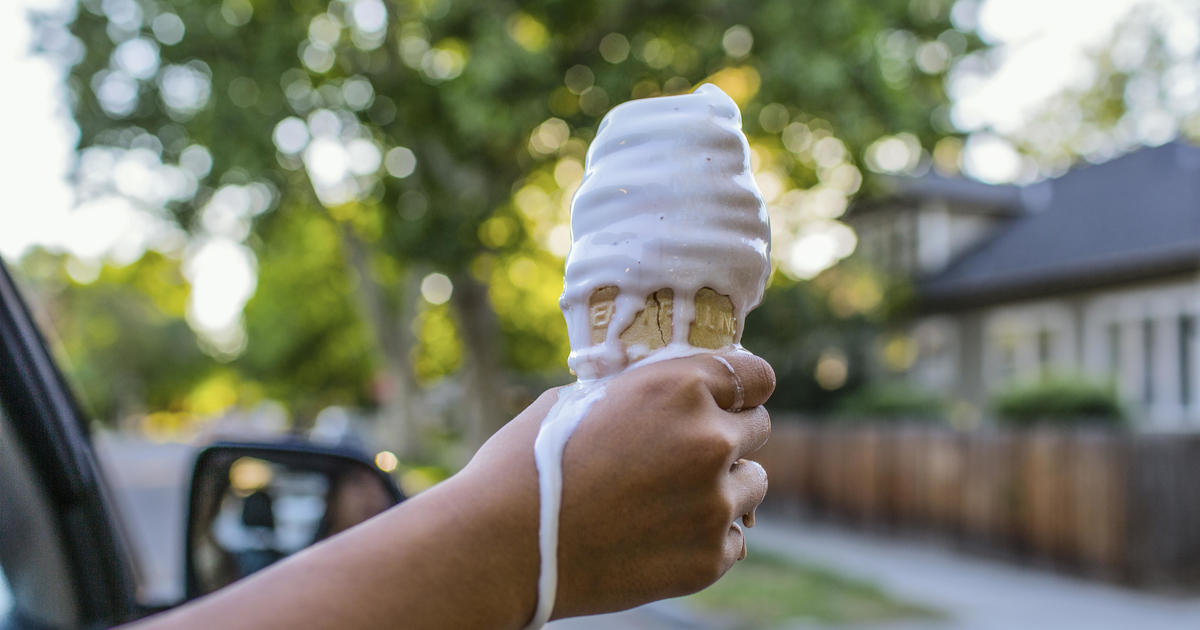Racial Equality Discussions Have Tensions Running High
By Cherri Gregg
PHILADELPHIA (CBS) -- The racial divide in opinions over the police shootings of unarmed black men is playing out as tension among friends both in person and on social media, especially during holiday socializing.
"The conversation really does make people uncomfortable," says Jaiye Taylor, 29, who is African-American.
Taylor says he's had heated discussions with his White friends online and in person about the Eric Garner and Michael Brown cases. He believes the unarmed men were killed by police because they were Black.
"I have been met with, 'This isn't always a Black thing,'" he says. "'Why is everything always about race?' And for me, it's about equality...everyone should be treated equally."
As a result, the Yeadon resident says he's lost a few friends.
"I've un-friended people, I've blocked people," he says, "and it's not personal. This is about the world, this is about the country -- don't fight me. I'm just speaking on the truth, but if you view me as the enemy, we are not friends."
A resident of West Philadelphia, Algernon Allen, who's African-American, has also seen and felt the racial tension. And he says it's ugly -- on all sides.
"The debate online is constant...it never stops," he says. "I've seen very divisive language to refer to protesters; on the opposite side, I've seen Black people saying, 'f the police.'"
"People are bring very different narratives to the table," says Charles Gallagher, Ph.D. Gallagher, who is White and is a race and ethnicity professor at LaSalle University. That didn't keep him from getting into a heated discussion about the Ferguson case with his wife and teenage daughters.
"I said officer Darren Wilson would not be indicted, and they believed I thought it was okay that Michael Brown was shot," he says, "but that wasn't the case. Legally speaking, the law is designed to protect the police."
He says the tension along racial lines and within interracial friendships is the result of a segregated society.
"Seventy-five percent of all Whites only have white friends, they live in majority white neighborhoods," he says. "So they live in this White bubble and don't know what it's like to be constantly stopped by police officers."
He says individuals with opposing views, especially along racial lines, tend to end in heated exchanges because there is a lack of understanding.
"It's very difficult to empathize with groups that you have nothing in common with in terms of how you live," he says. "If white kids were policed like Black males living in North Philadelphia, people would lawyer up, they'd hire civil rights lawyers, they'd be calling the mayor, they'd be calling the Governor, because kids in White neighborhoods do carry drugs and do drink and drive -- it would be insane."
He says African-Americans sees Ferguson and Staten Island in a way that is bigger than the facts of the two cases.
"They wanted these cases to be a review of the police issues that plague the Black community and have existed for many years," he says, "but that's not how the system works, that is not how the law works."
He says both sides should listen and try to empathize with each other.
Others say ban discussions about Ferguson and Staten Island at holiday parties to avoid conflict.



